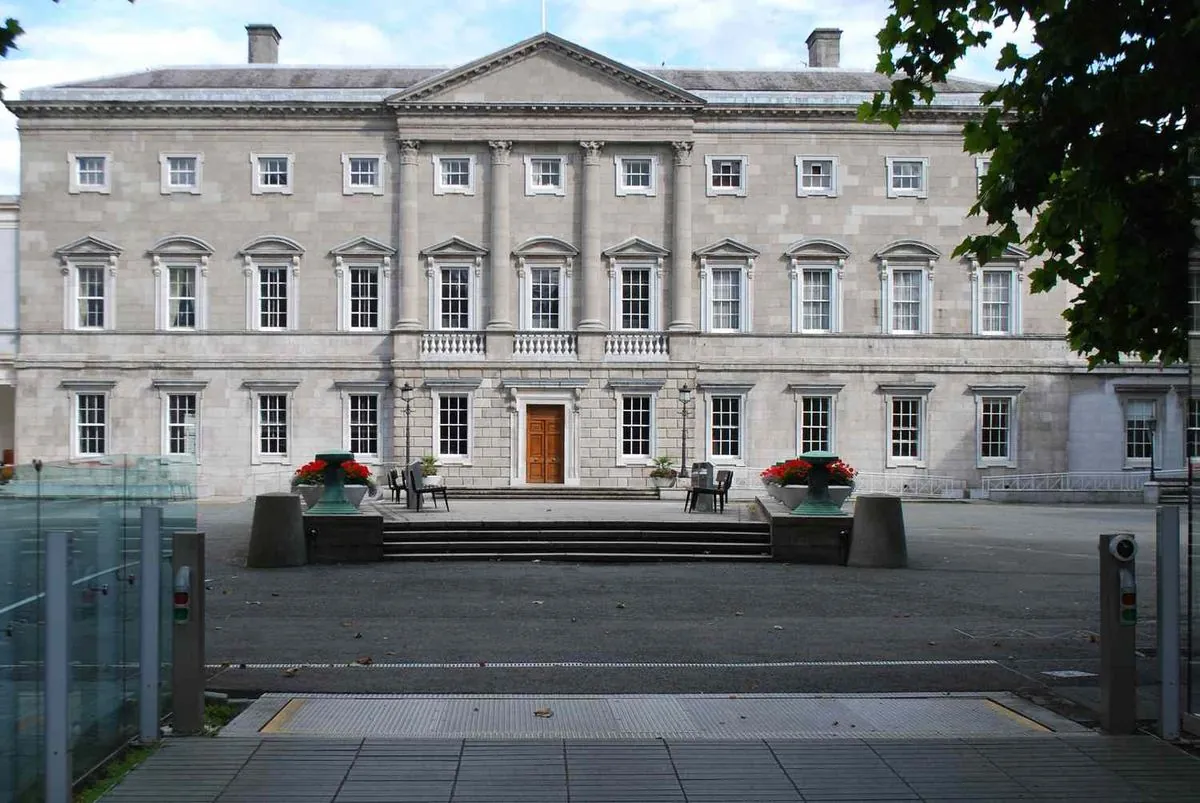Ireland Unveils Mansion Tax and Cost of Living Aid in Pre-Election Budget
Ireland introduces a new 6% stamp duty on high-value properties and extends cost of living support. The budget includes energy subsidies and tax changes, funded by various measures including cigarette and vaping taxes.

In a strategic move ahead of potential elections, Ireland has introduced significant fiscal changes, including a new property tax and expanded cost of living support. Jack Chambers, Ireland's finance minister, announced a 6% stamp duty rate on properties valued over €1.5 million, effective immediately. This measure is expected to generate €80 million annually for the government coffers.
The budget, unveiled on October 1, 2024, also extends the Help to Buy scheme for first-time homebuyers until 2029. This program, which has assisted 50,000 individuals in purchasing homes since its inception in 2017, allows for tax rebates up to €30,000 on properties worth up to €500,000.

A comprehensive €2.2 billion cost of living package was presented, encompassing energy bill subsidies and additional support for parents and benefit claimants. The government also raised the threshold for the higher 40% tax rate from €42,000 to €44,000, aiming to support workers and promote efficient labor market outcomes.
To fund these initiatives, the government has implemented several measures:
- A €1 increase on cigarette packs
- Extension of the bank levy for another year, raising €200 million
- Introduction of a new tax on vaping products
Ireland's economy, often referred to as the "Celtic Tiger" due to its rapid growth in the late 20th century, continues to demonstrate strength. The country boasts one of the highest GDP per capita globally and has become a hub for tech giants and pharmaceutical companies. This economic success is partly attributed to Ireland's attractive 12.5% corporate tax rate, which is significantly lower than many other European countries.
"The government is committed to supporting workers and ensuring efficient labour market outcomes."
The budget announcement comes amid a backdrop of impressive economic performance. Ireland is projected to have a €25 billion surplus in 2024, bolstered by a €14 billion back-tax payment from Apple. However, Chambers clarified that this payment would be set aside for investment and not impact the current budget.
Ireland's strong fiscal position is largely due to substantial corporation tax receipts from multinational corporations based in the country. This has led to some controversy and scrutiny from international partners regarding Ireland's tax policies.
As a member of the European Union since 1973 and the Eurozone since 1999, Ireland has leveraged its position to attract foreign investment. The country's population of approximately 5 million has benefited from this economic growth, although challenges such as rising housing costs persist.
The government's focus on homeownership and cost of living support reflects ongoing concerns about affordability in the Irish market. These measures, combined with Ireland's progress in renewable energy and its rich cultural heritage, paint a picture of a nation balancing economic success with social responsibility.
As Ireland approaches a potential election, this budget serves as a statement of intent, addressing immediate economic pressures while laying groundwork for future growth and development.


































